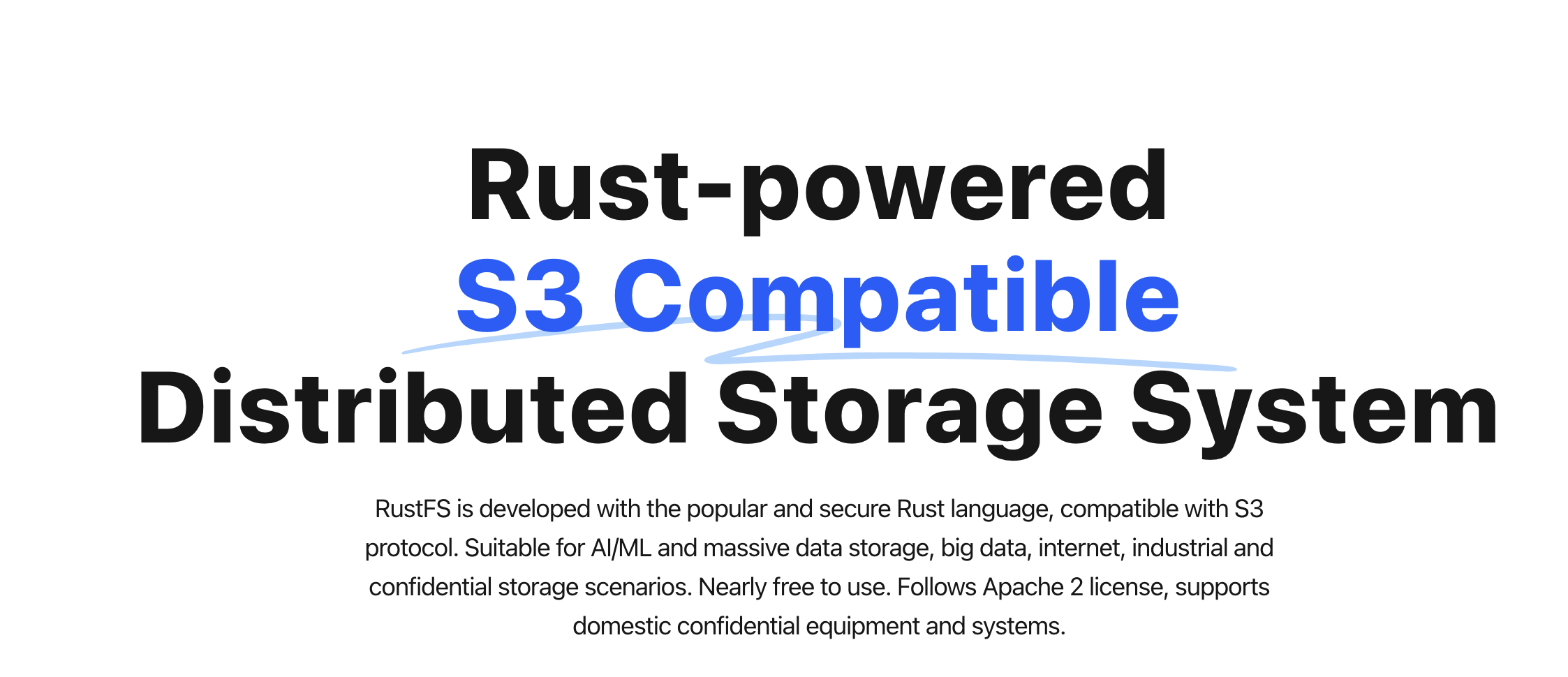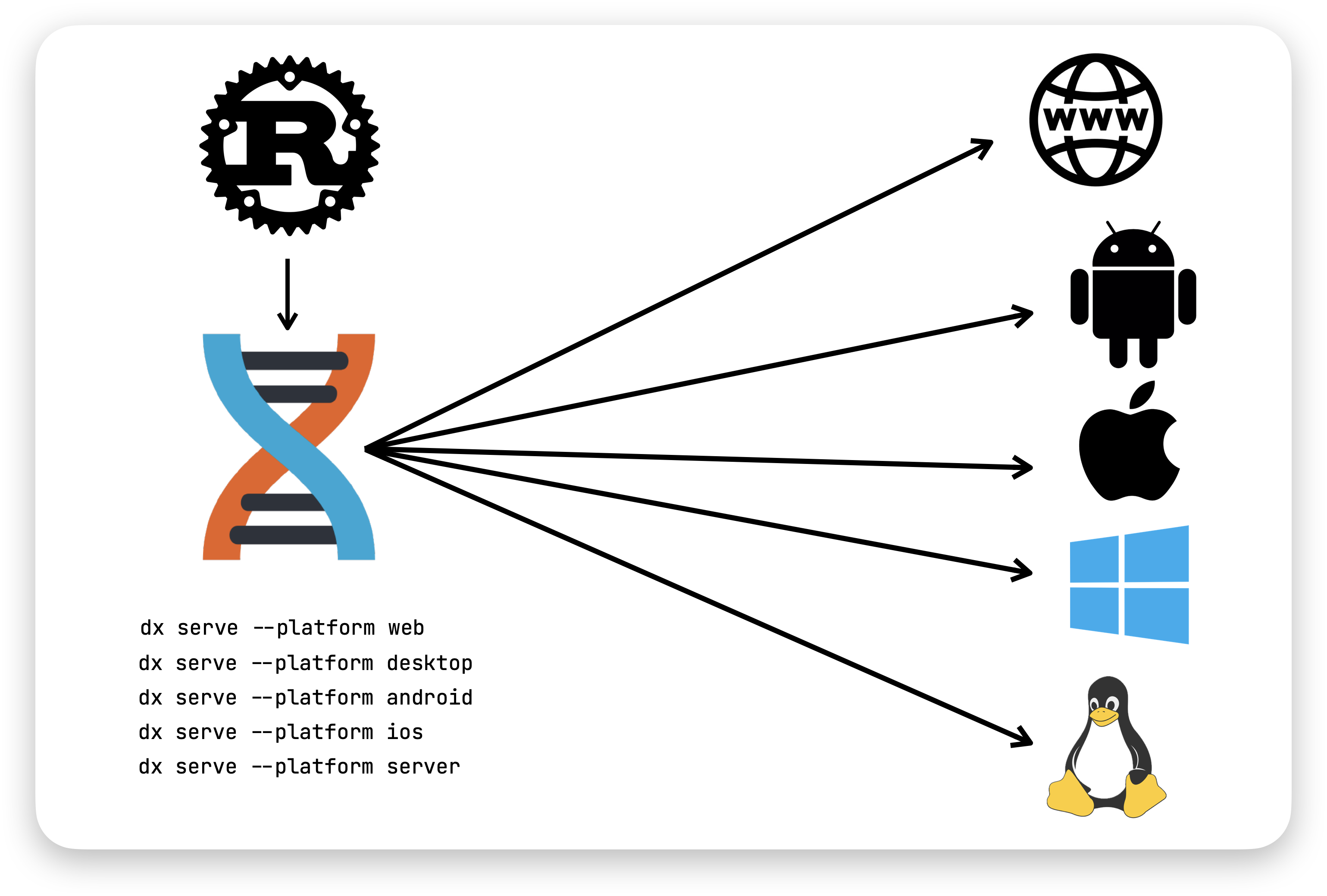Rust SHA-2 Pro Tips- Ditch write/flush for update – The Faster, Cleaner Way to Hash
Hashing with the sha2 crate is a staple in Rust for cryptography, checksums, and unique IDs. But if you’re still using .write() and .flush() like in older codebases, you’re adding unnecessary boilerplate, error handling, and potential confusion. The modern approach with .update() is simpler, infallible, and just as performant.
This guide dives deep into the exact differences between the two styles, why update wins in 99% of cases, when write/flush might still make sense, and battle-tested patterns for rock-solid hashing. Based on real crate evolution from sha2 0.9.9 to 0.11+.
The Core Difference: io::Write (Old) vs digest::Update (New)
| Aspect | write + flush (via std::io::Write) | update (via digest::Update) |
|---|---|---|
| Primary trait | std::io::Write (explicitly implemented in sha2 ≤0.9.x) | digest::Update (core trait since digest 0.10+) |
| Signature | fn write(&mut self, buf: &[u8]) -> io::Result<usize>fn flush(&mut self) -> io::Result<()> | fn update(&mut self, data: &[u8]) – no return value |
| Error handling | Returns io::Result – you must handle or ignore errors (even though SHA-2 never fails here) | Infallible – no ? or unwrap() needed |
| Buffering behavior | Internally identical to update. Data is processed in 64-byte blocks; remaining bytes stay in buffer. | Same internal 64-byte block processing. |
| Flush necessity | Never needed. flush() is a no-op (Ok(())). Finalize always pads & processes the buffer. | Not even a method – finalize handles everything. |
| Performance | Identical. write simply forwards to the same block-processing code as update. | Identical. |
| Chaining / Fluent API | Manual: hasher.write(a)?; hasher.write(b)?; | Built-in: hasher.update(a).update(b) or hasher.chain(a).chain(b) (returns &mut Self or owned) |
| Cloning for snapshots | hasher.clone().finalize() works the same. State is cheap (~100 bytes). | Same. |
| When it shines | Streaming from Readers: io::copy(&mut reader, &mut hasher)?; | Everything else – strings, in-memory buffers, one-shot hashes. |
Why the shift happened: The digest crate (backbone of all RustCrypto hashes) moved to a leaner, zero-std-capable design in 0.10+. The io::Write impl is now optional (behind the std feature, enabled by default) and no longer the recommended public API. In sha2 0.10+, docs push update hard – write is still there for backward compatibility but hidden from prominence.
Your Code Examples – Fixed & Optimized
Bad (0.9.9 style – works but noisy)
let mut hasher = Sha256::new();
let _ = hasher.write(format!("{}/{}", deployment_id, bucket).as_bytes()); // Result!
hasher.flush(); // Useless
let hash = hex(hasher.clone().finalize().as_slice());Good (Modern, any version ≥0.10)
use sha2::{Sha256, Digest}; // Digest gives .digest() one-shot
let mut hasher = Sha256::new();
hasher.update(format!("{}/{}", deployment_id, bucket).as_bytes());
// or even better – avoid allocation:
// hasher.update(deployment_id.as_bytes());
// hasher.update(b"/");
// hasher.update(bucket.as_bytes());
let hash = hex(hasher.clone().finalize());Best (One-shot – no mutable state)
let hash = hex(Sha256::digest(format!("{}/{}", deployment_id, bucket)));
// or zero-allocation:
let hash = hex(Sha256::new()
.chain_update(deployment_id)
.chain_update("/")
.chain_update(bucket)
.finalize());Streaming from IO (rare case where write wins)
use std::io::{self, Read};
let mut hasher = Sha256::new();
io::copy(&mut file, &mut hasher)?; // Only works because of io::Write impl
let hash = hex(hasher.finalize());Best-Practice Checklist (Copy-Paste Into Your Project)
// Cargo.toml
[dependencies]
sha2 = "0.10" # or latest – forces modern API
hex = { version = "0.4", features = ["alloc"] }- Always use
updateorchain_update– neverwriteunless you must integrate withstd::io. - Never call
flush()– it’s a no-op and signals outdated code. - Prefer one-shot
Digest::digestfor simple cases. - Avoid
format!allocations – chain small static slices. - Clone only when you need snapshots (e.g., Merkle trees). Otherwise use
finalize_reset()to reuse the hasher. - Enable
compressfeature for tiny binaries:sha2 = { version = "0.10", features = ["compress"] }. - For constant-time hex – use
faster-hexorhex-conservativeif perf matters. - Upgrade old code automatically:
cargo upgrade sha2@0.9 --to 0.10 cargo fix --edition # often removes write/flush boilerplate
When to Still Use write/flush (Legacy Only)
- You’re on an ancient
sha2 = "0.9"dependency you can’t bump. - You’re hashing gigabytes from
Readstreams and want zero-copyio::copy. - You’re in
#![no_std]+allocbut explicitly enabled thestdfeature for IO.
In all other cases: delete write and flush from your codebase today.
References & Further Reading
- Official docs (0.9.9 –
writeera): https://docs.rs/sha2/0.9.9/sha2/ - Pre-release 0.11 (modern
updatefocus): https://docs.rs/sha2/0.11.0-rc.3/sha2/ - Latest stable (0.10.8 as of Nov 2025): https://docs.rs/sha2 – start here
digestcrate trait evolution: https://docs.rs/digest/latest/digest/- RustCrypto/hashes GitHub (full changelog): https://github.com/RustCrypto/hashes/blob/master/CHANGELOG.md
- Benchmark suite: https://github.com/RustCrypto/hashes/tree/master/benches
Upgrade to update today – your hashes will be cleaner, your error handling lighter, and your codebase future-proof. Happy hashing! 🚀
版权声明:自由转载-非商用-非衍生-保持署名(创意共享3.0许可证)






